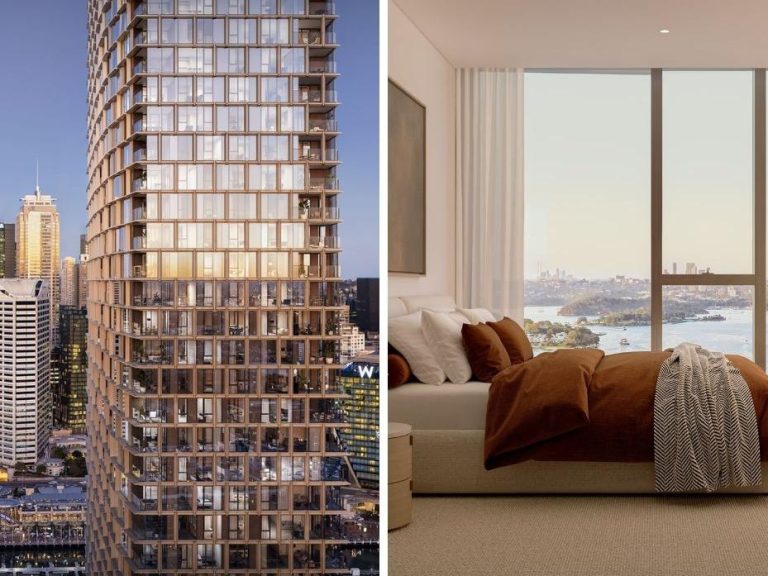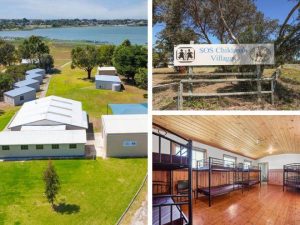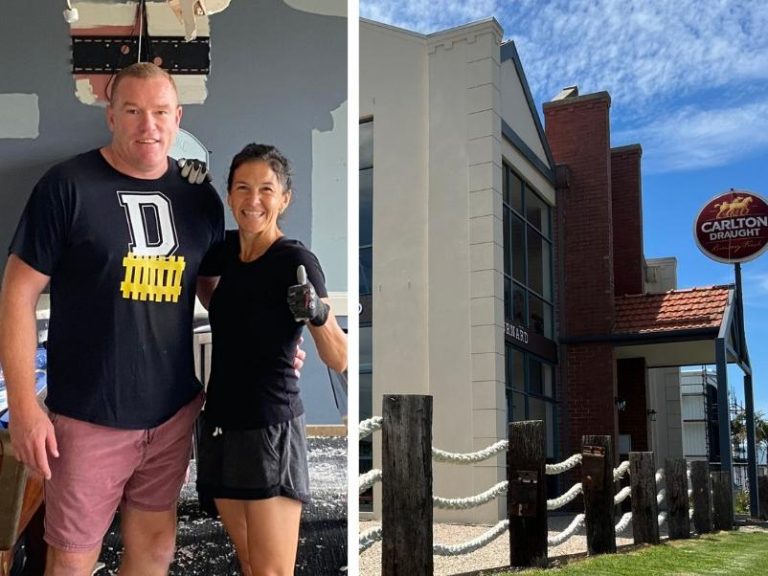What’s on the shopping list for world’s richest people?

Jewellery, art, watches, wine and diamonds are tipped to top the luxury shopping lists of the world’s richest people this year.
And spending on these so-called “investments of passion” is likely to increase this year, according to the Knight Frank Wealth Report 2014.
Art and classic cars are proving most popular among the wealthy in Australasia, while in Asia it is jewellery and watches.
The Knight Frank Wealth Report 2014 surveyed almost 600 private bankers and wealth advisors around the world, representing the views of more than 23,000 ultra high net worth individuals (UHNWIs) worth on average A$73m and in total about A$1.62 trillion.
It found commercial property is an increasingly popular investment; more than 40% had increased their allocation to commercial property in 2013 and 47% plan to increase it further this year.
Read more: Investors set to spend more on commercial property
Australian property developer Lang Walker is one of the Wealth Report 2014 panelists and says his 58-metre boat SY Kokomo is his favourite investment of passion.
“I just love being on the water,” he says.
But Walker says his passion for yachting and water has influenced is other business decisions.
“Most of my developments are concentrated around water,” he says.
Walker is not alone in his love of the water. The Wealth Report found 22% of UHNWIs own a waterfront property.
Most live in cities, but just fewer than 30% also own a rural retreat and 13% own a ski chalet or apartment.
The report found Australasia had 21 billionaires in 2013 and 727 centa-millionaires, or people with at least $100 million.
And it found that the world’s richest are also giving back, with 21% of those surveyed expecting their clients to increase their philanthropic activities in 2014.
Wealth Report panel chairman, and British entrepreneur, Lord Harris of Peckham gives away 20% of his wealth. The report says more than 10,000 patients a year are treated at the Harris Birthright Centre in London, and thousands of children attend one of 28 schools in the Harris Federation network.
“State education in this country is so poor I knew I could do better,” he says.







